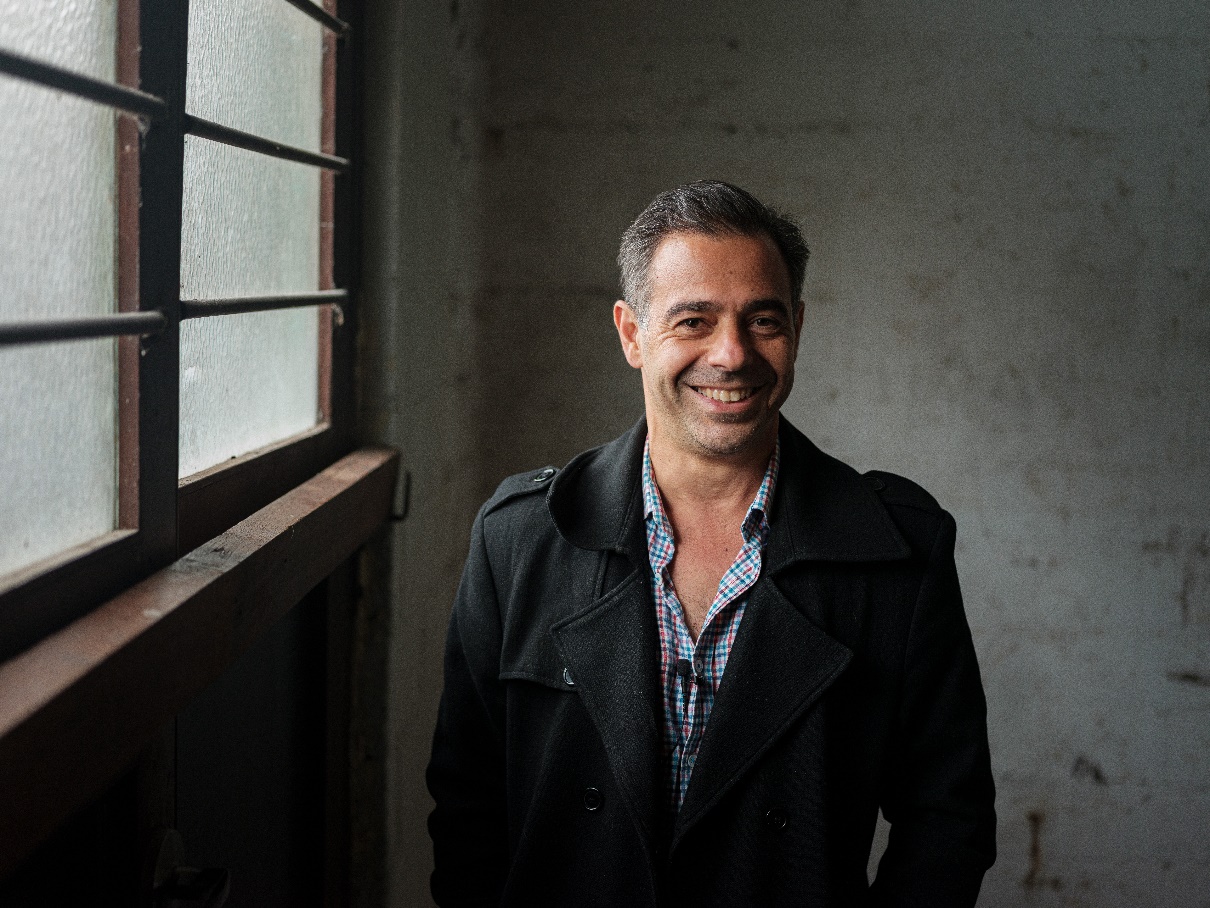The Western Australian government should consider adopting a policy that would recognise micro-apartments as a viable investment strategy to help both investors and home seekers amid the COVID-19 outbreak, says an expert and affordable housing advocate.
The state currently has no regulations surrounding the development of micro-apartments apartments, leaving many investors vulnerable, said Ian Ugarte (pictured), co-founder of Small is The New Big.

"This type of development is only referred to in the Residential Tenancies Act of Western Australia, which is currently under review. In effect, this means mum-and-dad investors who employ this investment strategy have no real protection under any existing policy," he said.
The need for regulations
Ugarte said there is a policy in Victoria that clearly outlines the application process for investors planning to divide their property into micro-apartments. Under the policy, investors have to get approvals through a certification process, which has strict minimum requirements. Ugarte said adopting a similar regulation will help the local market in Western Australia.
"This would provide greater certainty for mum-and-dad investors, more affordable housing for struggling Australians, and reduce the unnecessary red tape around these types of developments," he said.
Investors who plan to take on the micro-apartment strategy typically struggle to get approved for financing. Ugarte said some banks do not recognise the rental yield from these developments in the same way as a single dwelling.
With a definite policy surrounding micro-apartments, Ugarte said all banks will be able to apply the same lending criteria to micro-apartments, levelling the playing ground for the investors in the space.
A solution to affordability
Recently, the Real Estate Institute of Western Australia announced the Homes For Good initiative, which allows landlords to list affordable properties on the Home Hub platform where people in need can apply quickly and securely. While Ugarte commends the initiative, he believes it will only be a short-term solution to the affordability issue that has only been made worse as a result of the pandemic.
Ugarte said pushing for a policy on micro-apartments will provide a longer-term solution to housing affordability in the state. It will also help alleviate investors and home seekers who are struggling financially amid the pandemic.
Based on Ugarte's estimates, around 500,000 investors across Australia with more than one investment property are struggling due to job losses that are affecting rental payments.
"If government regulations made it easier for these investors to convert just one of their four-bedroom, two-bathroom investments into four micro-apartments, we could provide affordable homes," he said. "Not only would this stem the financial pain for many investors, it would also provide homes for some of the most vulnerable in our community."
Furthermore, micro-apartments would help provide homes for up to 60,000 in Western Australia and give shelter to 2 million of the most vulnerable across the country.
Lessons from COVID-19
The "perfect storm" of job losses and reduced income amid the pandemic makes it essential for investors to rethink their strategies, said Ugarte. He believes the only way to future-proof an investment against market volatility and economic uncertainties is to achieve a positive or at least neutral gearing.
"I want to make talk of abolishing negative gearing obsolete by creating a marketplace where investors are able to generate a positive return on their investment. Even if it's a small return, that way they're relying less on the government to make up the shortfall by way of tax deduction, and they're not so vulnerable to market forces when another unexpected fall in cashflow hits them," he said.
Ugarte said transforming a negatively-geared property to a typical micro-apartment would be able to make it cash positive, which can result in higher rental yields for investors.
"It would create better, more affordable housing in the process. We know that converted investment properties are quickly filled with happy tenants because they've shaved up to 50% off their normal weekly rent, often with utilities included," he said.
Despite the market uncertainties, Ugarte believes Western Australia is going to be a viable spot for future investment, especially in the next two years.
"For potential investors, I believe it's about 7 o'clock in the property cycle, so a good time to buy," he said.